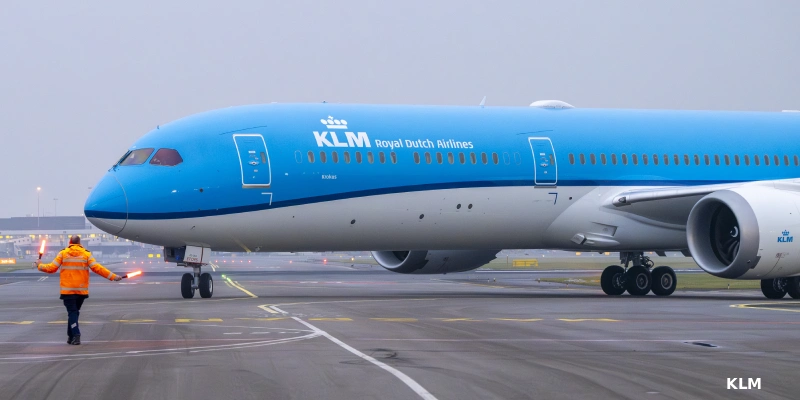The European Union Aviation Safety Agency (EASA) and the National Civil Aviation Agency of Brazil (ANAC) have taken a significant step towards strengthening aviation safety and sustainability by signing a Memorandum of Understanding (MOU). This agreement reflects the mutual interest of both organizations in enhancing technical cooperation and promoting the use of Sustainable Aviation Fuels (SAF) for the development of air transport.
Objectives of the Agreement: Beyond Technical Cooperation
The memorandum signed between EASA and ANAC primarily aims to increase the exchange of information and data to better understand the challenges in the Latin American region regarding safety and sustainability. Additionally, it seeks to strengthen technical cooperation, enabling both organizations to share knowledge and best practices in these critical fields for aviation.
→ Airbus A321XLR with Pratt & Whitney Engines Receives EASA Type Certification
One of the most notable aspects of the MOU is its focus on the development and promotion of SAF. These fuels play a key role in reducing the carbon footprint of the aviation industry, aligning with global sustainability goals.
Signing Event and International Context
The signing of the MOU took place during the ICAO RAAC/18, held in Sao Paulo, Brazil, on February 25, 2025. This event, organized by the International Civil Aviation Organization, served as an ideal platform to consolidate this strategic alliance. The ceremony was attended by Jean-Pierre Bou, Deputy Head of the European Delegation in Brazil, highlighting the diplomatic and regional importance of the agreement.
Promoting Use of Sustainable Aviation Fuels (SAF)
One of the fundamental pillars of this agreement is the promotion of the use of Sustainable Aviation Fuels (SAF). The MOU establishes a commitment to exchange relevant information and experience on the future expectations of SAF use in both Europe and Brazil, as well as regionally in Latin America and the Caribbean (LAC) and globally.
Furthermore, the agreement facilitates the implementation of measures to support the development of SAF, including investments and training programs, in line with the ICAO Global Framework for SAF and other cleaner energy initiatives in aviation.
Related Topics
Wizz Air Rules Out Regular Flights to U.S.: Charter Operations Only for World Cup
Air Europa Strengthens Premium Strategy on Medium-Haul Routes with Mario Sandoval as New Gastronomic Partner
Emirates Prepares to Land in Berlin After Three Decades of Regulatory Gridlock
KLM Welcomes “Krokus,” Completing Its Fleet of 28 Boeing 787 Dreamliners

Plataforma Informativa de Aviación Comercial con 13 años de trayectoria.




